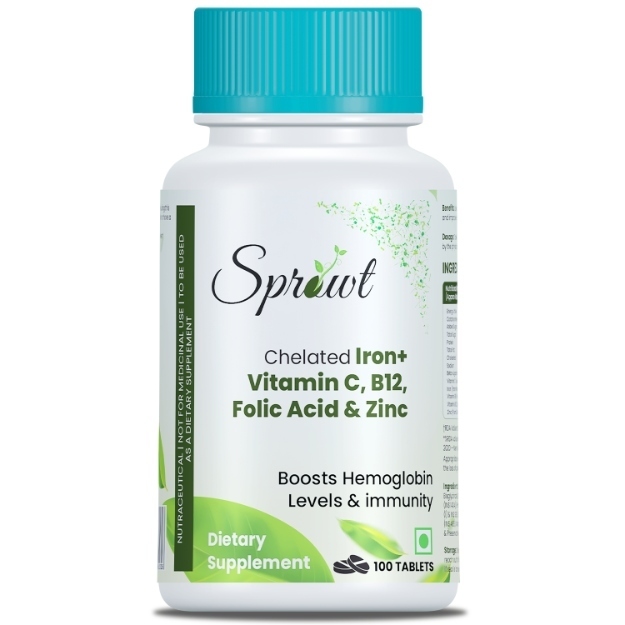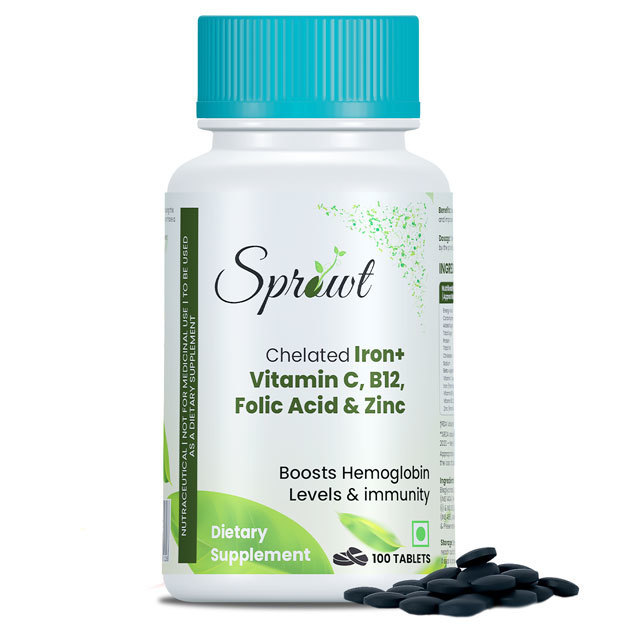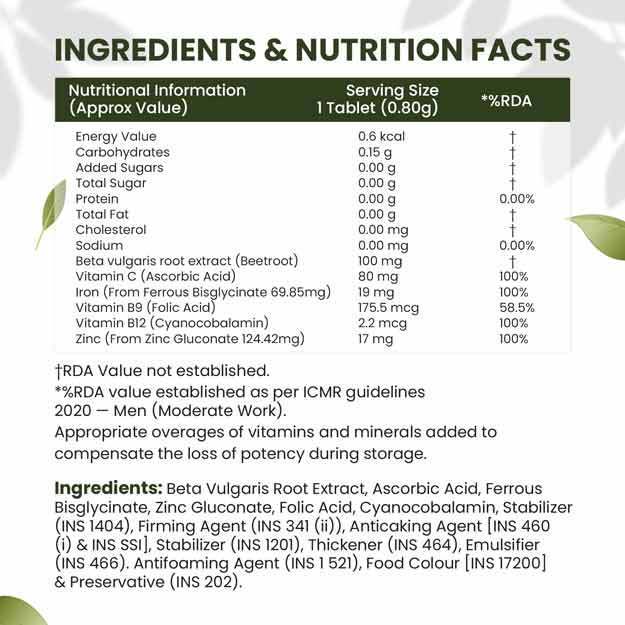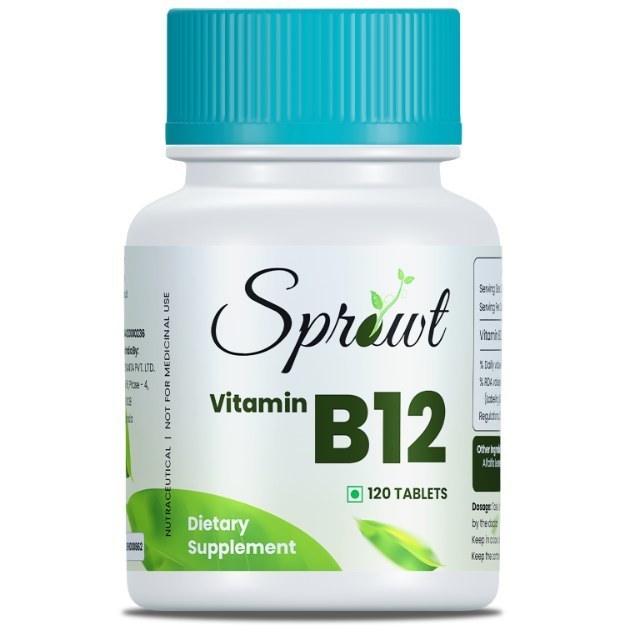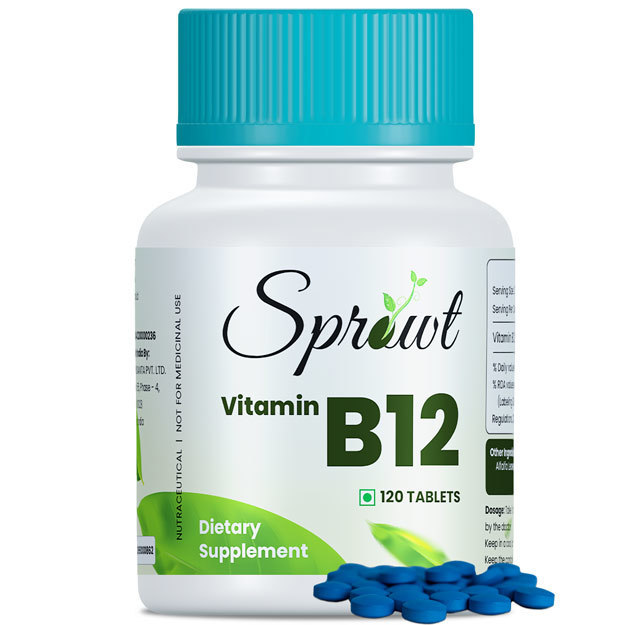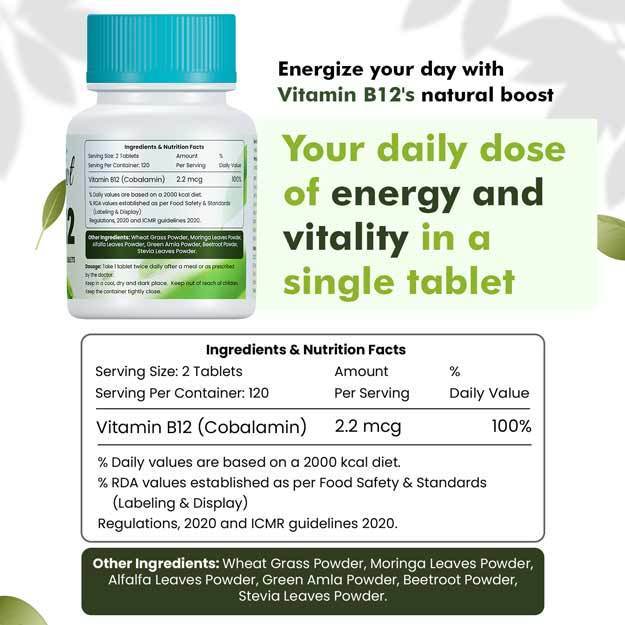What is an Antiphospholipid (APL) Antibody test?
Antiphospholipid antibodies are a type of autoantibodies that are produced against body’s own phospholipids (a lipid-containing a phosphate group in its molecule). Since phospholipids play an important role in the formation of blood clots, people with APL antibodies have a high risk of blood clots, which in turn increases the risk of stroke, heart attack and miscarriage.
Several tests are available to check for the presence of specific types of APL antibodies in the bloodstream. Some of these include:
- Cardiolipin antibodies (anticardiolipin antibodies) test: This test helps detect the most common APL antibodies that are formed against cardiolipin, a type of phospholipid present on the cell membrane of blood platelets
- Lupus anticoagulant assays: Lupus anticoagulant is a specific type of APL antibody that is usually present in people with lupus. Lupus anticoagulant assays detect the presence of these antibodies in the bloodstream of the patient. These tests include dilute Russell viper venom time (dRVVT), activated partial thromboplastin time (aPTT), kaolin (or silica) clotting time and PTT mixing tests or prolonged PTT test
- Beta-2 glycoprotein 1 antibody test: This test is used to detect the presence of beta-2 glycoprotein 1 type of APL antibodies
Some conditions that lead to the formation of APL antibodies are:
- Autoimmune disorders, such as rheumatoid arthritis, lupus or systemic sclerosis
- Infections, such as human immunodeficiency virus (HIV), mononucleosis and rubella
- Cancers, such as leukaemia, lymphoma or any other cancer
- Certain drugs, such as procainamide, phenothiazine and oral contraceptives
Hughes syndrome or APL antibody syndrome (APS) is an autoimmune disorder, which leads to thickening of the circulating blood. The immune system produces APL antibodies, which causes platelets to clump, leading to increased blood clotting.





